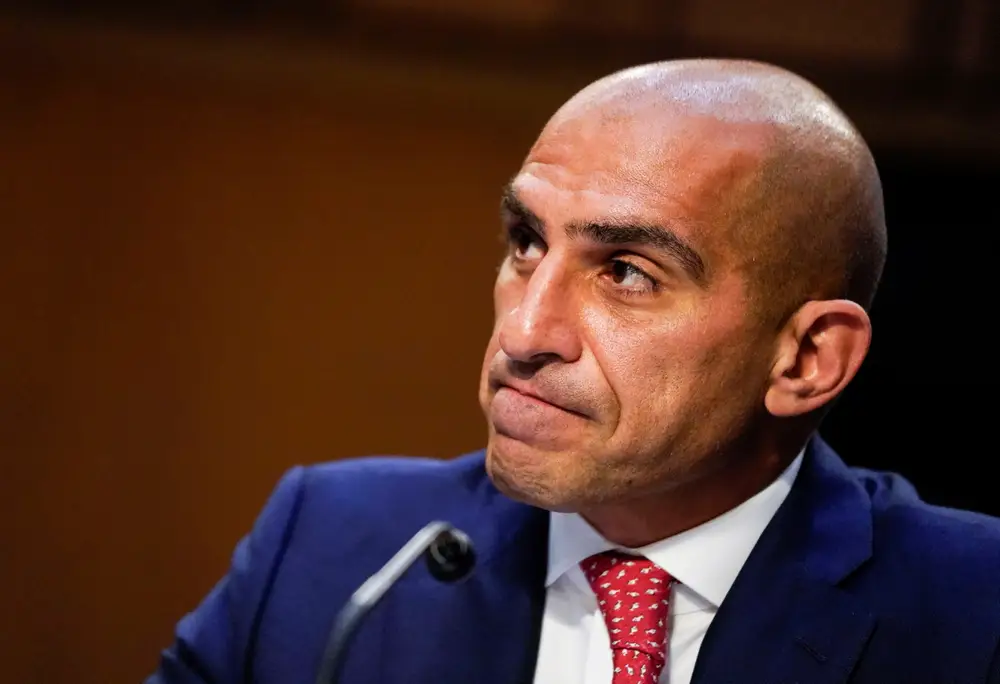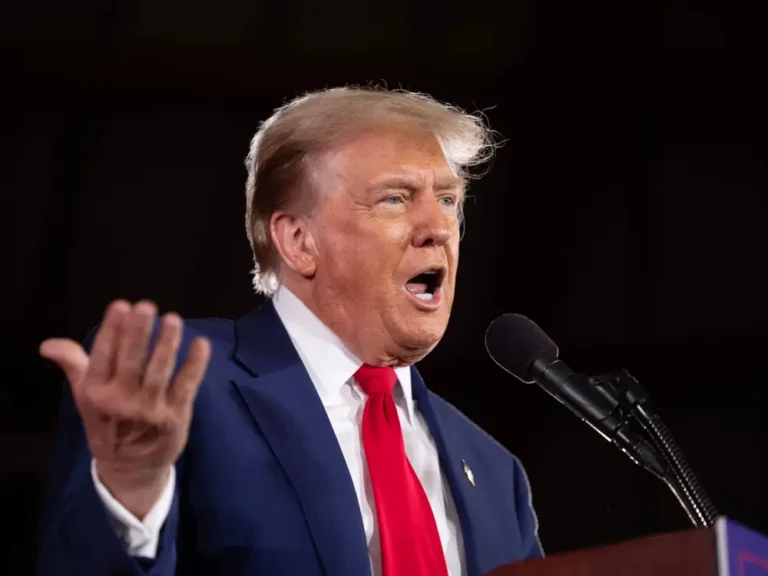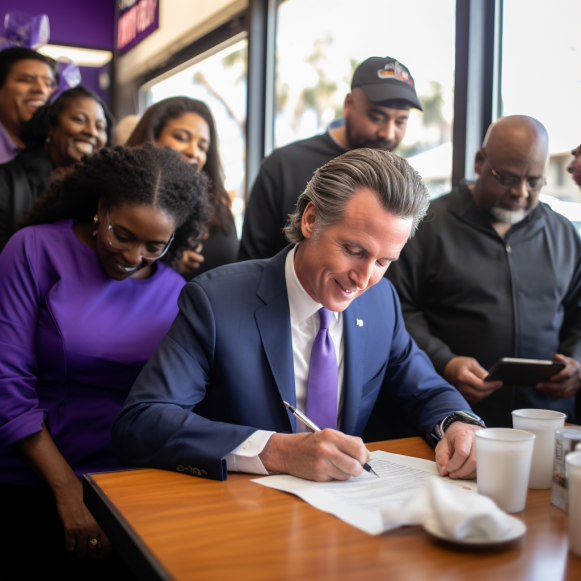Americans are able to bet on the US elections again after a legal fight

Commodity Futures Trading Commission Chair Rostin Behnam
Betting on US election outcomes just got legalized again, thanks to a new court order.
On Wednesday, prediction market Kalshi got the go-ahead to take bets on congressional elections after a months-long legal battle with the Commodity Futures Trading Commission.
That makes it one of the only options for Americans to bet on election outcomes, and the only legal one for Americans to wager large amounts of money.
Kalshi, a New York-based startup, lists derivatives contracts with outcomes tied to everything from the number of tropical storms this year to the Federal Reserve’s benchmark rate in November.
But the wagers that put it in the crosshairs of the CFTC are tied to upcoming elections.
The CFTC first challenged Kalshi’s congressional election wagers back in November 2023, and a lower court ruled in favor of Kalshi in early September.
That allowed Kalshi’s contracts on which party will take control over the House and Senate to go live, but they lasted less than a day before the CFTC ordered a stay on trading.
The commission argued that betting on congressional elections would “threaten election integrity,” since some voters might be motivated to participate to sway the market in favor of their preferred candidate.
But on Wednesday, a US appeals court lifted the block on Kalshi’s politics-related contracts, with the judge ruling the CFTC failed to prove a threat to the integrity of the vote.
Kalshi has yet to restart the trades, but a company spokesperson told CoinDesk it would resume the contracts “very soon.”
The court’s decision comes just five weeks before the elections, and follows years of legal battles between prediction markets and the CFTC.
PredictIt, a project founded by researchers in New Zealand, has operated in the US since 2014 under a no-action letter from the CFTC, but it limits American bettors to a maximum of $850 in wagers.
It also only lets up to 5,000 betters participate in each market, and has faced headwinds from the CFTC in the last two years.
Offshore markets like Polymarket, on the other hand, technically ban American participants, and have escaped regulatory scrutiny as a result. But the startup is based in New York, and some have suggested US users have figured out how to use VPNs to bypass the restrictions.
Prediction market supporters argue that less regulation from the CFTC is key to preventing election manipulation via prediction markets.
“Everything kind of feeds off of everything else, and by trying to limit one aspect of it, or trying to police one aspect of it, it can often ruin the entire market function,” Rutgers University statistics professor Harry Crane told B-17 in an interview in August.






